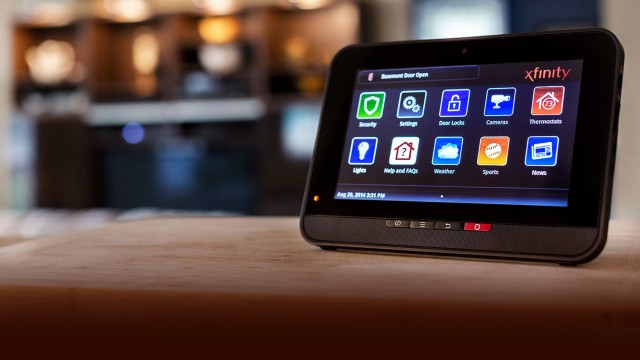 Comcast’s sweeping disclaimers of responsibility for failures or confusion over its home security system made it next to impossible for a Washington state judge to find the cable company or its contractor liable for an alleged system failure that allowed two men to break into a Kirkland home undetected and torture the family’s teenage son.
Comcast’s sweeping disclaimers of responsibility for failures or confusion over its home security system made it next to impossible for a Washington state judge to find the cable company or its contractor liable for an alleged system failure that allowed two men to break into a Kirkland home undetected and torture the family’s teenage son.
Washington Superior Court Judge William Downing sympathized with the Rawat family over the intuitiveness of XFINITY’s Home Security system that required the family to arm it by selecting “away” mode before going to sleep, in turn activating motion detectors that would have alerted the family to the break-in.
“In the world of made-up words like XFINITY and meaningless slogans like ‘The Future of Awesome,’ this is not startling,” the judge said. “It is Microsoft that has trained us to shut down our computers by going to the ‘Start’ menu. More to the point, it is equally counterintuitive to believe that an indoor motion detector would be armed when a system was being set for a family and pets intending to stay inside the house.”
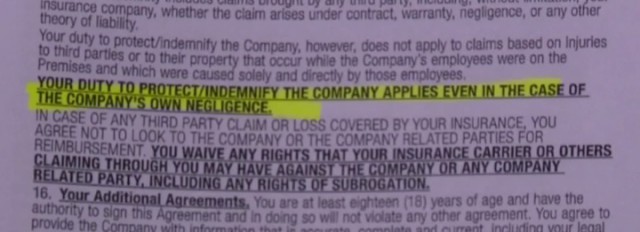
Comcast’s security contract lets the company walk away from responsibility for virtually everything.
Despite that, the Rawat family attorney had a high hurdle to overcome – Comcast’s contract with its customers that disavowed responsibility for almost any and all failures of the system and goes as far as to require victims to protect Comcast if a matter reaches the courts.
 “Comcast complied with the terms of its written contract and did not breach any of its contractual duties,” the judge said. “No claims can lie for breaches of any expressed or implied warranties that were effectively disclaimed in the written contract.”
“Comcast complied with the terms of its written contract and did not breach any of its contractual duties,” the judge said. “No claims can lie for breaches of any expressed or implied warranties that were effectively disclaimed in the written contract.”
The judge added the plaintiffs may have exposed imperfections in Comcast’s installer training, the information conveyed on its lighted home security system control panels, and the nomenclature used to designate different system modes. But none of those acts overcame Comcast’s contractual disclaimers and failed to reach the legal definition of negligence.
Comcast’s attorneys argued the undetected break-in was the fault of the Rawat family because they failed to use the XFINITY Home Security system properly. To activate protection, the family had to arm the system in “away” mode before going to sleep, despite the fact the system’s motion detectors could trigger a false alarm if anyone moved inside of the home.

Downing
Ultimately, the judge found Comcast’s argument compelling.
“The malicious attack by the two criminals was motivated by pure evil and warrants every last second of punishment that they receive,” the Comcast attorney said. “However, what happened to Deep Rawat is not the result of anything that Comcast or Pioneer [the contractor] did or did not do.”
In short, the family should hold Blessing Gainey and Vincent Sisounong, who pled guilty to the attack last year, responsible, not Comcast or its contractor.
While acknowledging the severity of the plaintiffs’ son’s injuries and the emotional impact of the crime, the judge could not find Comcast responsible under the terms of the contract the family willingly signed.
But the case may offer some insight for other Comcast customers who either have or are evaluating an XFINITY Home Security system. A careful review of the contract Comcast makes customers sign may prove important as a customer considers their options for home security and personal protection.


 Subscribe
Subscribe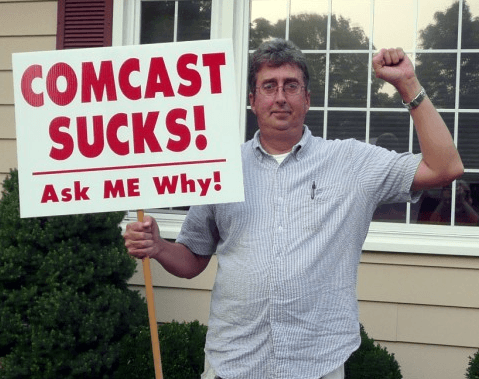 A system audit by Comcast has created a firestorm across Florida’s Panhandle after customers lost dozens of channels while Comcast used it as an opportunity to sell customers more expensive television packages.
A system audit by Comcast has created a firestorm across Florida’s Panhandle after customers lost dozens of channels while Comcast used it as an opportunity to sell customers more expensive television packages.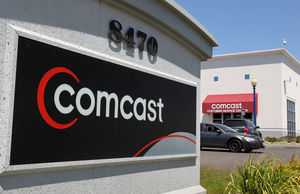 Numerous Tallahassee customers contacted the newspaper and
Numerous Tallahassee customers contacted the newspaper and  Man, do people hate Comcast.
Man, do people hate Comcast. After serving just two years as the chief financial officer of Time Warner Cable, Arthur Minson today left the cable company to become president and chief operating officer of WeWork, a shared office space provider.
After serving just two years as the chief financial officer of Time Warner Cable, Arthur Minson today left the cable company to become president and chief operating officer of WeWork, a shared office space provider. “I thought I was watching Comedy Central,” said Ralph Wilson, a longtime Charter customer in suburban Los Angeles. He was actually watching a Bloomberg News interview with the CEO of Charter Communications regarding yesterday’s formal merger announcement. “What cable company was Thomas Rutledge talking about when he said Charter would bring better service to Time Warner and Bright House? Charter blows.”
“I thought I was watching Comedy Central,” said Ralph Wilson, a longtime Charter customer in suburban Los Angeles. He was actually watching a Bloomberg News interview with the CEO of Charter Communications regarding yesterday’s formal merger announcement. “What cable company was Thomas Rutledge talking about when he said Charter would bring better service to Time Warner and Bright House? Charter blows.”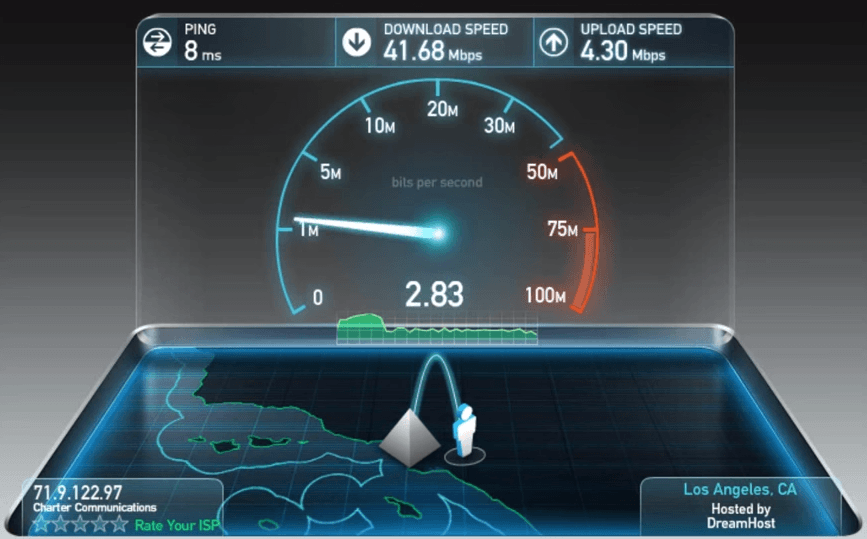
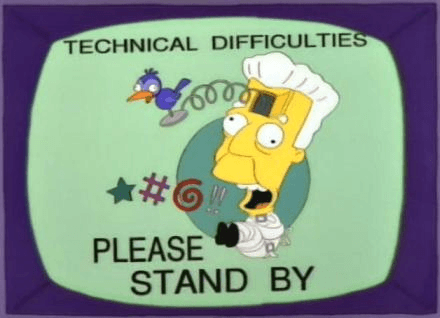 Turner has seen three cable companies come and go in her part of Montana since April 2002. Comcast sold many of its cable systems in the sparsely populated states of the Rockies to Bresnan Communications that year. Cablevision acquired Bresnan in 2010 and rebranded her cable system Optimum West. Just three years later, Cablevision sold all of its interests outside of the northeastern U.S. to Charter Communications, which runs things today.
Turner has seen three cable companies come and go in her part of Montana since April 2002. Comcast sold many of its cable systems in the sparsely populated states of the Rockies to Bresnan Communications that year. Cablevision acquired Bresnan in 2010 and rebranded her cable system Optimum West. Just three years later, Cablevision sold all of its interests outside of the northeastern U.S. to Charter Communications, which runs things today. Just in time for the summer fireworks, Comcast’s own rate explosion may be arriving in your mailbox. The cable company is boosting rates on cable television and broadband service in several regions, including higher Broadcast TV surcharges and, for some, the introduction of a new compulsory sports programming fee. Comcast customers shared their rate increase letter
Just in time for the summer fireworks, Comcast’s own rate explosion may be arriving in your mailbox. The cable company is boosting rates on cable television and broadband service in several regions, including higher Broadcast TV surcharges and, for some, the introduction of a new compulsory sports programming fee. Comcast customers shared their rate increase letter 